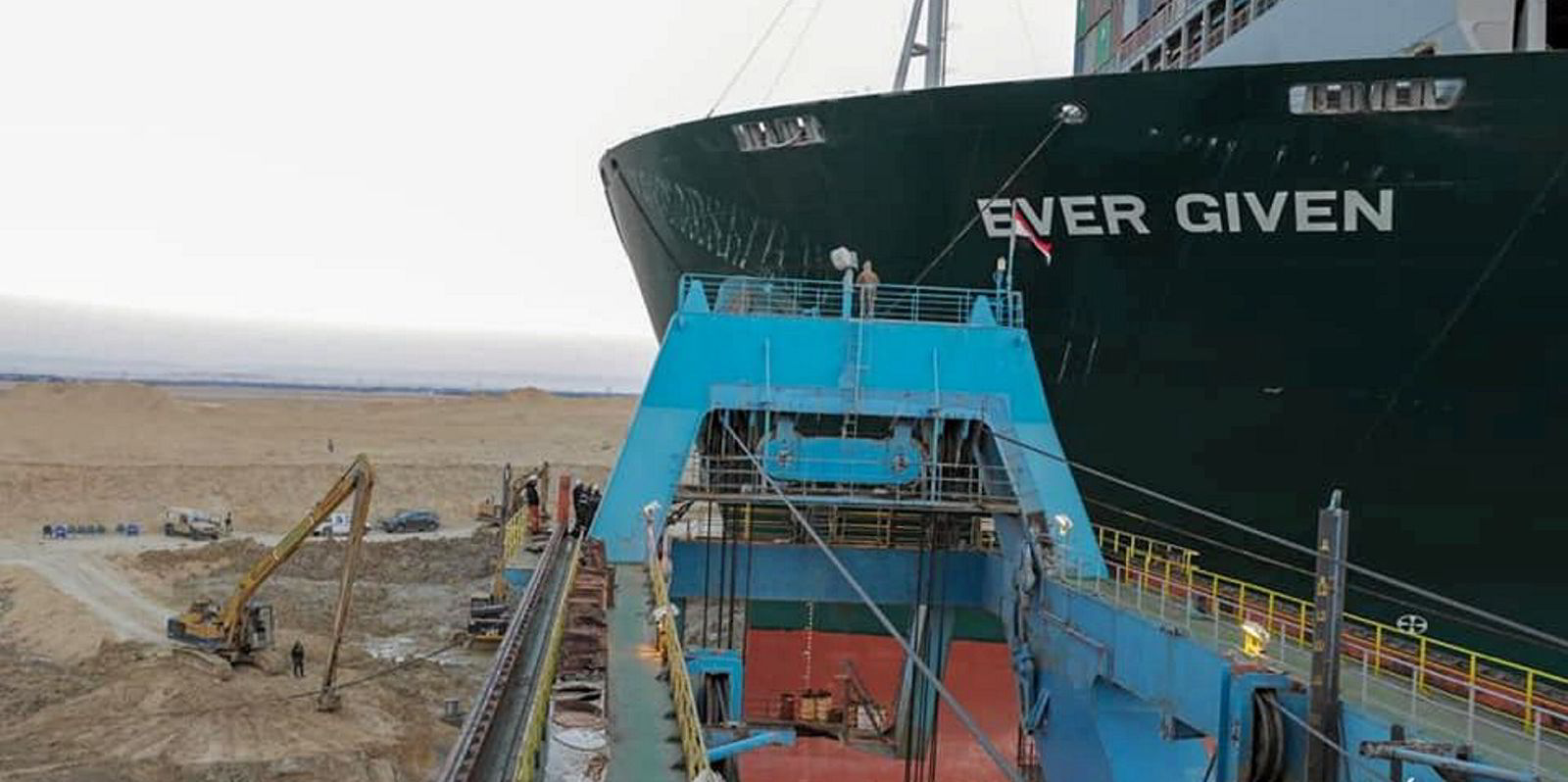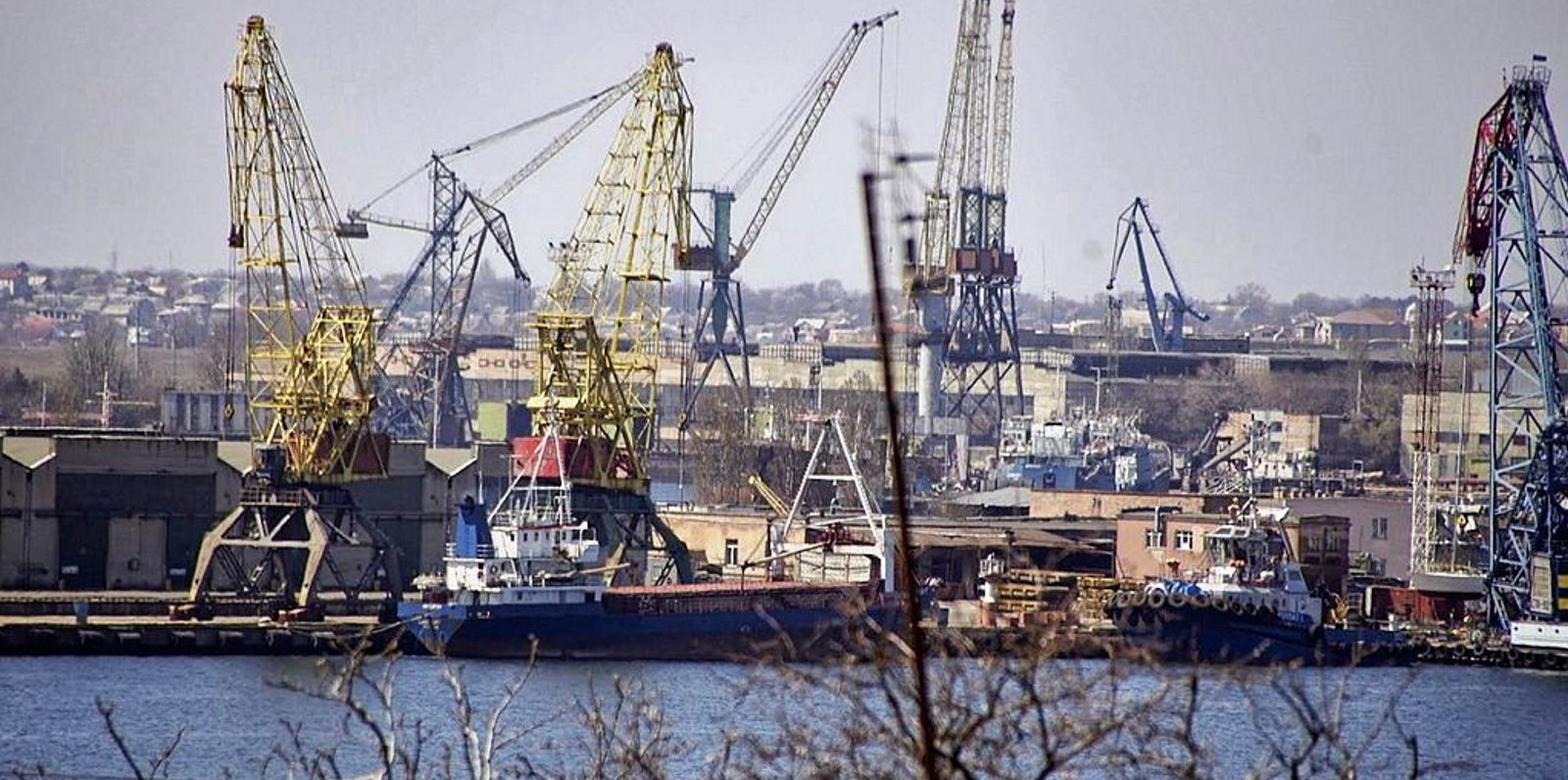Achieving greater sustainability in the shipping industry is inextricably linked to tackling climate change and enhancing the protection of our natural environment. Commitments — such as the landmark agreement at COP15 to protect 30% of the world’s terrestrial and marine areas by 2030 — underline the immediate and critical need for the whole maritime industry to address the role it plays in protecting fragile natural ecosystems and building greater resilience into its supply chains.
Research from Marsh published last year showed just how rising physical climate risks, such as coastal inundation and extreme heat and wind events, could directly impact marine infrastructure including key canals, ports, and terminals along the routes.
The impact on vulnerable infrastructure could be significant and this, we asserted, could have implications for regional economies and supply chains in the medium and long term.
Traditionally, the insurance industry is very good at innovation where there is a critical and immediate need, but this innovation often takes time and can be a source of frustration for clients, underwriters and brokers alike. In addressing climate risk, there simply is no time and we cannot afford to move at such a slow pace.
We are certainly capable of moving very quickly; the efforts of the marine insurance industry in 2022 to support grain shipments from Ukraine were critical to food security in many vulnerable parts of the world, and are a source of particular corporate pride.
Volatility and uncertainty have been the hallmarks of this decade to date. While geopolitical and economic risks may feel somewhat out of our control, in 2023 we have not just an opportunity — but a deep obligation — to step up and drive insurance industry innovation to support greater sustainability.
We need to be ready to engage with clients, collectively tap into our pools of intellectual capital, collect data that is relevant in a consistent way, and rapidly develop new solutions and insurance capacity that support them in their transitions.





